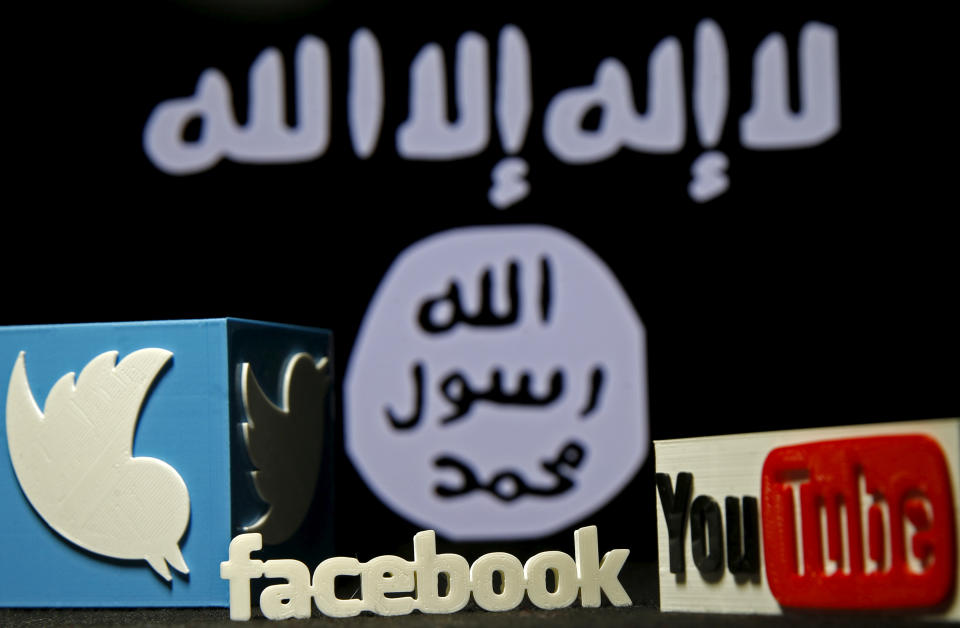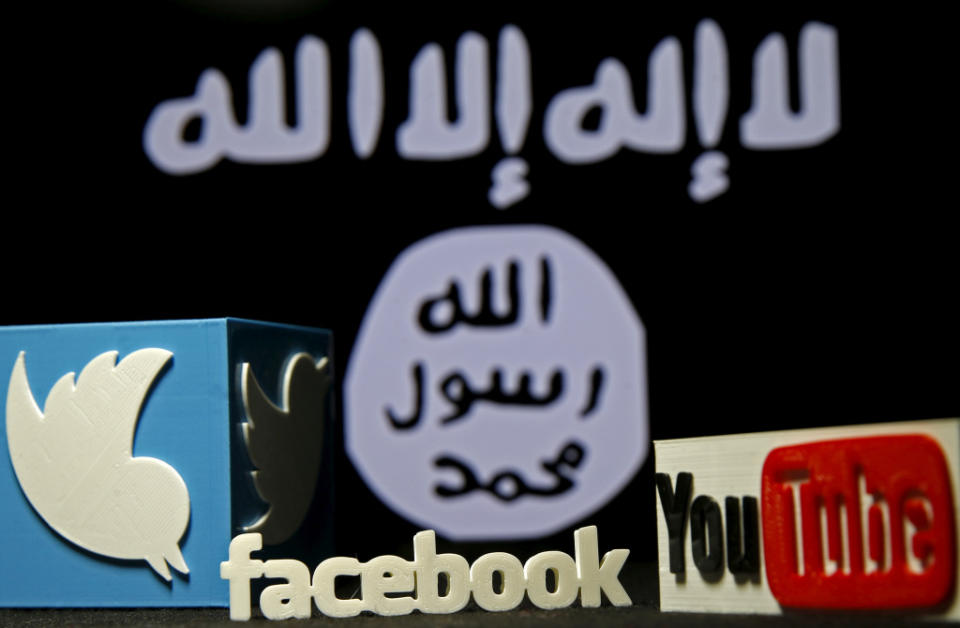Twitter Will Ban User Ties to Violent Groups ‘Both On and Off the Platform’
Early Friday, Twitter announced changes to its policies on violent and hateful speech, some of them dramatic. Users will no longer be able to use "hateful images or symbols" in profile images or headers. And, in a step with few recent parallels, Twitter says users "may not affiliate with organizations that - whether by their own statements or activity both on and off the platform - use or promote violence against civilians to further their causes."
We've updated our rules around abuse and hateful conduct as well as violence and physical harm. These changes will be enforced starting December 18. Read our updated rules here: https://t.co/NGVT3qGFvg
— Twitter Safety (@TwitterSafety) November 17, 2017
The ban on violent affiliations, even when violent views aren't promoted on Twitter itself, raises a number of questions about enforcement. Among those is whether or to what extent Twitter staff will monitor questionable groups' behavior outside of the platform; whether only formally organized groups will be impacted; and where the line will be drawn between 'official' group stances and activity by group members.
Given the constantly-evolving way Twitter has enforced its existing rules, answers to those questions are only likely to be clear well after the new policies go into effect on December 18 -- if ever.
Get Data Sheet, Fortune's technology newsletter.
The ethical case for the new restrictions is likely straightforward to many - Twitter, along with and YouTube, have in recent years been accused of giving extremists including both Islamic terrorists and white supremacists a vast new platform. Under mounting public pressure, all three sites have taken increasingly stringent steps to limit access to extremist content or ban users who promote it.
But the business case for those moves is at least slightly more ambiguous. Earlier in its development, Twitter took an uncompromising free-speech stance, but over time it has become clear that such permissiveness bred harassment, which in turn may have alienated some users and throttled growth. By that logic, policing user affiliations could help build a larger, more mainstream user base.
On the other hand, at least some Twitter users have reveled in their ability to say whatever they wanted on the platform, for better or worse. Tighter restrictions could push away such users, and small upstarts - including the Twitter copycat Gab - are poised to poach them.
See original article on Fortune.com
More from Fortune.com


